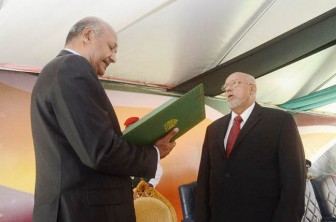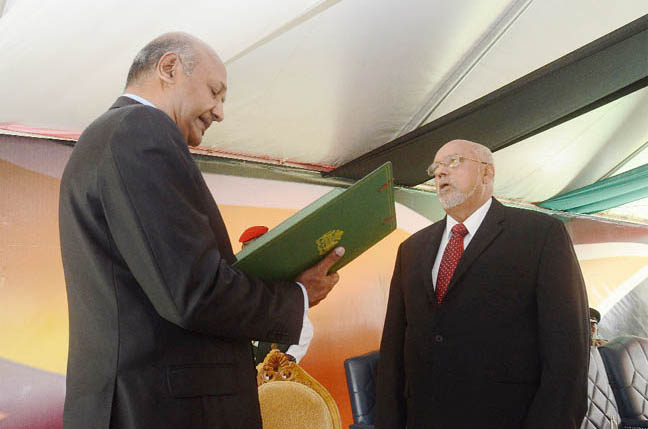One has to wonder whether the hope expressed late last year that the outcome of the November general elections that had given the combined opposition a one-seat majority in the National Assembly would bring ‘some good’ to our political landscape was more of a pipe dream than an earnest hope. Certainly, the parliamentary control which A Partnership For National Unity and the Alliance for Change now enjoyed came to be seen immediately after the elections results were announced as though it were a definitive political breakthrough for democratic practice though the surly response of the ruling party to the realization that it no longer controlled the National Assembly had dropped a broad hint that our politics might now enter an era of confrontation and stalemate.
 The reality did not take long to materialize. The confrontation over the move by the joint opposition to cut huge chunks from the 2012 budget resulted in an intense public squaring off. The Ramotar administration struck a posture which suggested that it felt affronted by the move by government to cut public funding. Thereafter, it waged a brief but intense campaign characterized by protests involving placard-bearing cabinet ministers and senior public servants and members of staff of the National Communications Network (NCN) whose long faces and protestations about hardships associated with job losses appeared altogether contrived.
The reality did not take long to materialize. The confrontation over the move by the joint opposition to cut huge chunks from the 2012 budget resulted in an intense public squaring off. The Ramotar administration struck a posture which suggested that it felt affronted by the move by government to cut public funding. Thereafter, it waged a brief but intense campaign characterized by protests involving placard-bearing cabinet ministers and senior public servants and members of staff of the National Communications Network (NCN) whose long faces and protestations about hardships associated with job losses appeared altogether contrived.
Few people appeared impressed with the state-engineered theatrics and fewer still with the remark by former President Bharrat Jagdeo that the move by the opposition was ‘spiteful’ though it was difficult to resist conclusion

